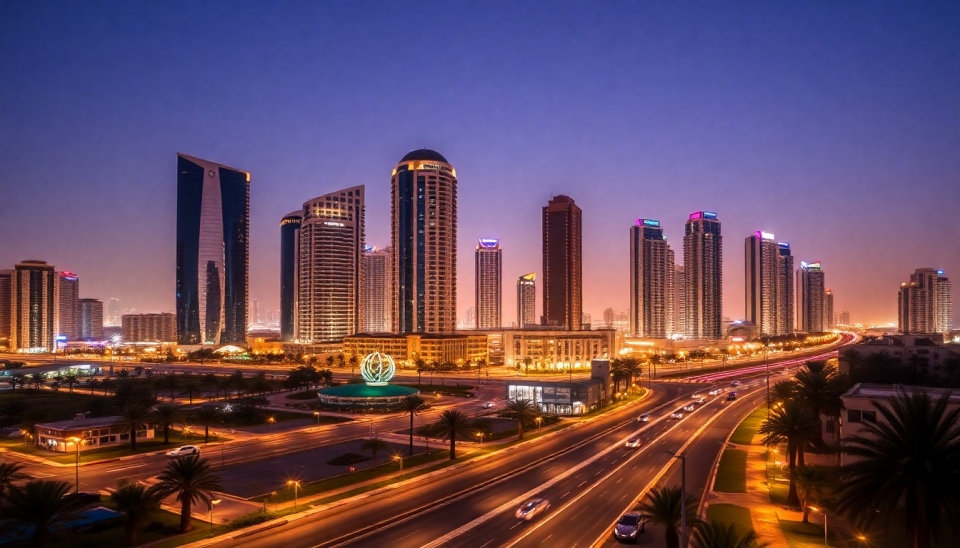
As Dubai continues to experience a remarkable surge in its real estate sector, signs indicate that this once-booming market may be feeling the strain of its own success. The city, known for its extravagant developments and luxury living, has seen its property prices escalate at an extraordinary pace. However, the latest reports suggest that this rapid growth may be encountering newfound hurdles.
The UAE's real estate market has, in recent years, drawn investors from around the globe, attracted by the luxurious lifestyle and strategic business environments that Dubai offers. The city’s residential property prices soared more than 30% in 2022, cementing it as one of the hottest property markets in the world. Despite this robust growth, various indicators point to a labor shortage and the potential for overbuilding, which could dampen further appreciation in property values.
One of the primary concerns casting a shadow over Dubai's property boom is the noticeable shortage of skilled labor. Developers are grappling with challenges relating to construction delays and escalating labor costs, making it more difficult to fulfill the relentless demand for high-end residential units. As housing supply struggles to keep pace, investors are beginning to question the sustainability of the market’s stimulation.
Furthermore, the city’s planning authorities have begun to scale back some ambitious projects in anticipation of balancing growth with market realities. This may create a gap between demand and availability, indicating a cautious shift as developers reassess their strategies in an increasingly competitive landscape.
Another pressing worry for property investors in the region is the potential influx of regulations aimed at curbing rampant speculation. The government has hinted at tightening measures to ensure the stability of the market, which could influence investor sentiment going forward. As property prices remain elevated, potential buyers are reconsidering their entry points, affecting overall market dynamics as they weigh the risks versus rewards of investment.
The recent fluctuations in global energy prices further complicate the outlook. With fluctuations in oil revenue impacting economic performance, Dubai’s economy may soon feel the repercussions. While the real estate sector has been buoyed by a diversification strategy away from oil dependence, its vulnerability to broader economic conditions remains a critical factor to consider.
Despite the signs of strain, Dubai’s property market is far from collapsing. The local government is known for its proactive approach in management and its essential support through initiatives aimed at stimulating investment and ensuring continued growth. Dubai has yet to lose its appeal as a cosmopolitan hub, drawing expatriates and high-net-worth individuals who continue to see value in the luxury offerings.
The coming months will be crucial for determining whether Dubai will successfully navigate these challenges or whether it faces a significant adjustment period in its property market. All eyes will be on developments and the regulatory environment as investors remain poised to see how the market evolves.
In conclusion, while Dubai's property market has been hailed as a world-leading example, emerging challenges are prompting a re-evaluation of its trajectory. Stakeholders need to remain vigilant and adaptive as the city grapples with these pressing issues that could reshape its real estate landscape.
#DubaiRealEstate #PropertyMarket #UAEInvestments #LuxuryLiving #RealEstateChallenges #InvestmentTrends #DubaiProperty
Author: Emily Collins




